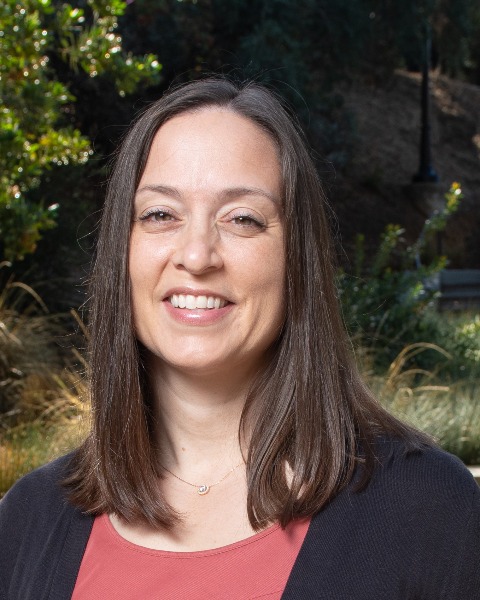Medical Education 13: Potpourri
Session: Medical Education 13: Potpourri
281 - Rethinking Mental Health Resources for Health Care Workers: A Robust Internal EAP Model with Opt-Out Options at a Pediatric Hospital
Monday, April 28, 2025
7:00am - 9:15am HST
Publication Number: 281.6437
Marcella Raney, Children's Hospital Los Angeles, Los Angeles, CA, United States; Elizabeth Arias, Children's Hospital Los Angeles, Los Angeles, CA, United States; Irma Breakfield, CHLA, VALENCIA, CA, United States; Carrie Honn, Children's Hospital Los Angeles, Los Angeles, CA, United States; Saray Navarro, 7000, Los Angeles, CA, United States; Alana Epstein, Children's Hospital Los Angeles, Sherman Oaks, CA, United States

Marcella Raney, PhD (she/her/hers)
Data Insights & Strategic Planning, Sr. Manager
Children's Hospital Los Angeles
Los Angeles, California, United States
Presenting Author(s)
Background: Pediatric health care workers (HCWs) face high levels of emotional distress. Mental health support is typically provided by external Employee Assistance Programs (EAPs). External therapists often have limited experience and training related to the unique challenges in pediatric healthcare. Medical trainees are at particularly high risk for burnout and may experience heightened stigma regarding mental health support compared to other HCWs within their institution and nationally.
Objective: To build a workplace culture where mental health is prioritized and barriers to support are removed.
Design/Methods: In 2023, the robust internal EAP called Emotional Support Services (ESS) expanded to a total of seven licensed therapists and increased opt-out resources at a pediatric hospital. Therapists collaborate regularly with physician and GME leadership and wellness councils. One therapist hosts opt-out check and connect sessions with each 2nd year resident and more than 330 hospital team members have been trained in stress first aid as part of an opt-out Healing Response Team peer supporter program directed by an ESS therapist. Tracking of resource utilization has provided preliminary insights into the effectiveness of this proactive, non-traditional approach.
Results: Opt-out interactions between ESS therapists or peer supporters and team members rose by 164% in the past year. Additionally, average monthly opt-in resource utilization increased significantly in several categories: new individual counseling clients (33.6%), ESS-led post-adverse event debriefing participants (59.3%), trained peer-led cumulative stress debriefing participants (14.1%). Trainee-specific opt-in utilization rates increased by 33.3%, now comprising over 45% of all one-on-one ESS counseling sessions. These changes occurred independently of variations in hospital code blue and patient death averages. Currently, 350–500 individual team members benefit monthly from one or more ESS services.
Conclusion(s): Investment in a robust internal EAP and additional opt-out resources succeeded in increasing team member awareness and access to emotional/mental health support, particularly for vulnerable HCW. Team members have access to mental health professionals and peers trained to address their specific needs. The opt-out approach, expanding to interns in 2025, reinforces institutional commitment to mental health by eliminating barriers to support. A comprehensive assessment plan to evaluate ESS’s direct impact on individual and team well-being will be a critical next step.

